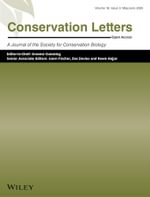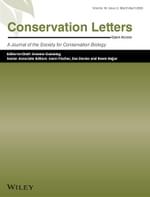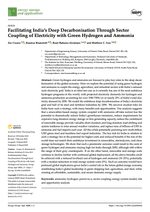Nathan J Robertson, Frances A Brook, Richard L Gardner, Stephen P Cobbold, Herman Waldmann, and Paul J Fairchild
PNAS vol. 104 no. 52 20920-20925 Published online before print December 18, 2007 DOI: 10.1073/pnas.0710265105
View Journal Article / Working PaperAlthough human embryonic stem (ES) cells may one day provide a renewable source of tissues for cell replacement therapy (CRT), histoincompatibility remains a significant barrier to their clinical application. Current estimates suggest that surprisingly few cell lines may be required to facilitate rudimentary tissue matching. Nevertheless, the degree of disparity between donor and recipient that may prove acceptable, and the extent of matching that is therefore required, remain unknown. To address this issue using a mouse model of CRT, we have derived a panel of ES cell lines that differ from CBA/Ca recipients at defined genetic loci. Here, we show that even expression of minor histocompatibility (mH) antigens is sufficient to provoke acute rejection of tissues differentiated from ES cells. Nevertheless, despite their immunogenicity in vivo, transplantation tolerance may be readily established by using minimal host conditioning with nondepleting monoclonal antibodies specific for the T cell coreceptors, CD4 and CD8. This propensity for tolerance could be attributed to the paucity of professional antigen-presenting cells and the expression of transforming growth factor (TGF)-?2. Together, these factors contribute to a state of acquired immune privilege that favors the polarization of infiltrating T cells toward a regulatory phenotype. Although the natural privileged status of ES cell-derived tissues is, therefore, insufficient to overcome even mH barriers, our findings suggest it may be harnessed effectively for the induction of dominant tolerance with minimal therapeutic intervention.




